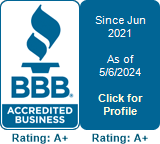Strategies for Open Communication and Honesty
Being fully transparent about lifestyle factors that could impact your sobriety allows coaches to provide tailored support. Share your struggles openly without sugarcoating. If you feel tempted to use substances, communicate that urge early so your coach can help you practice real-world coping strategies. Ask questions without hesitation about any aspect of the coaching sessions or struggles you’re facing. Voicing concerns creates space for reassurance that your struggles are valid and you’re never alone.





